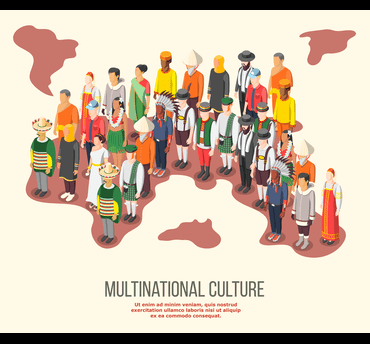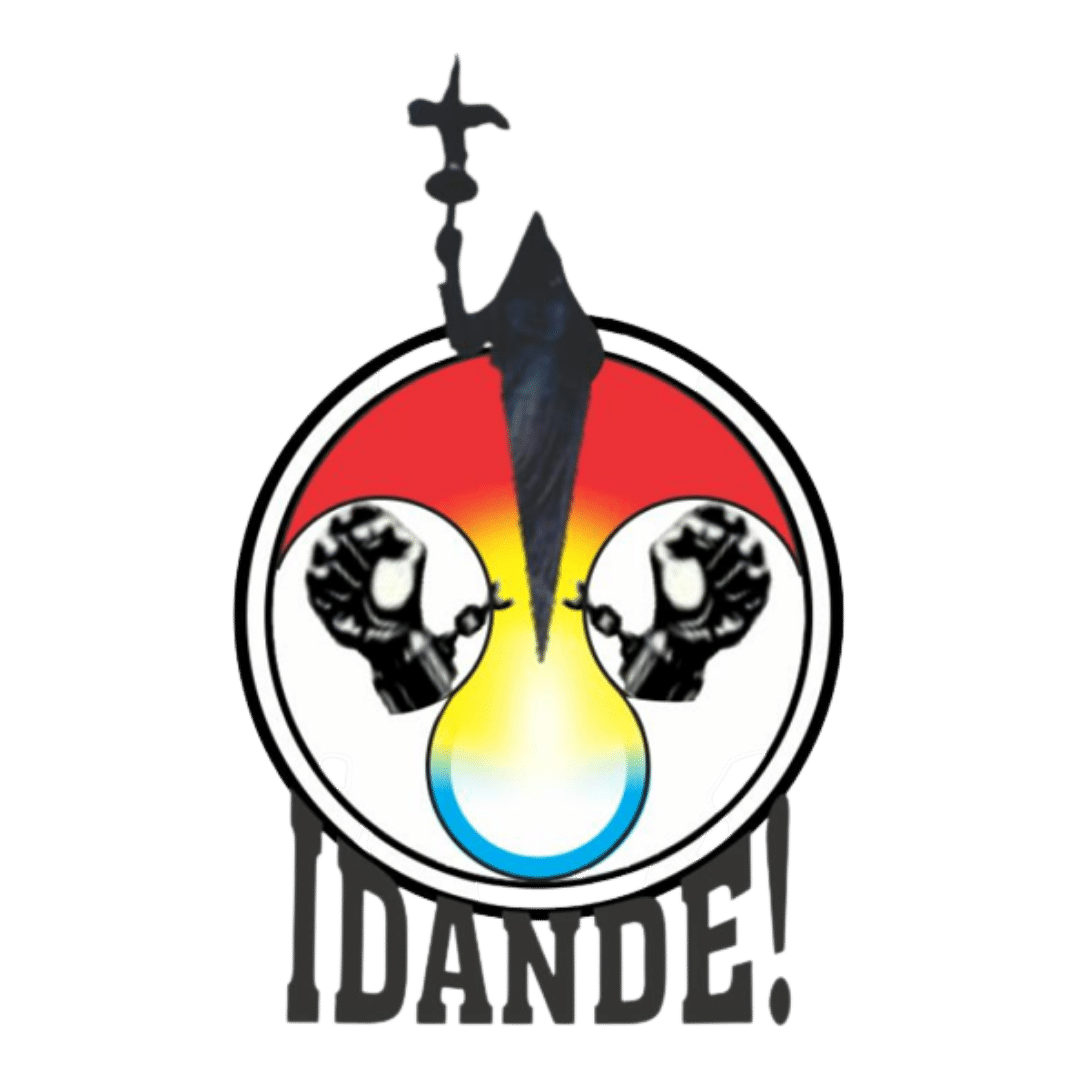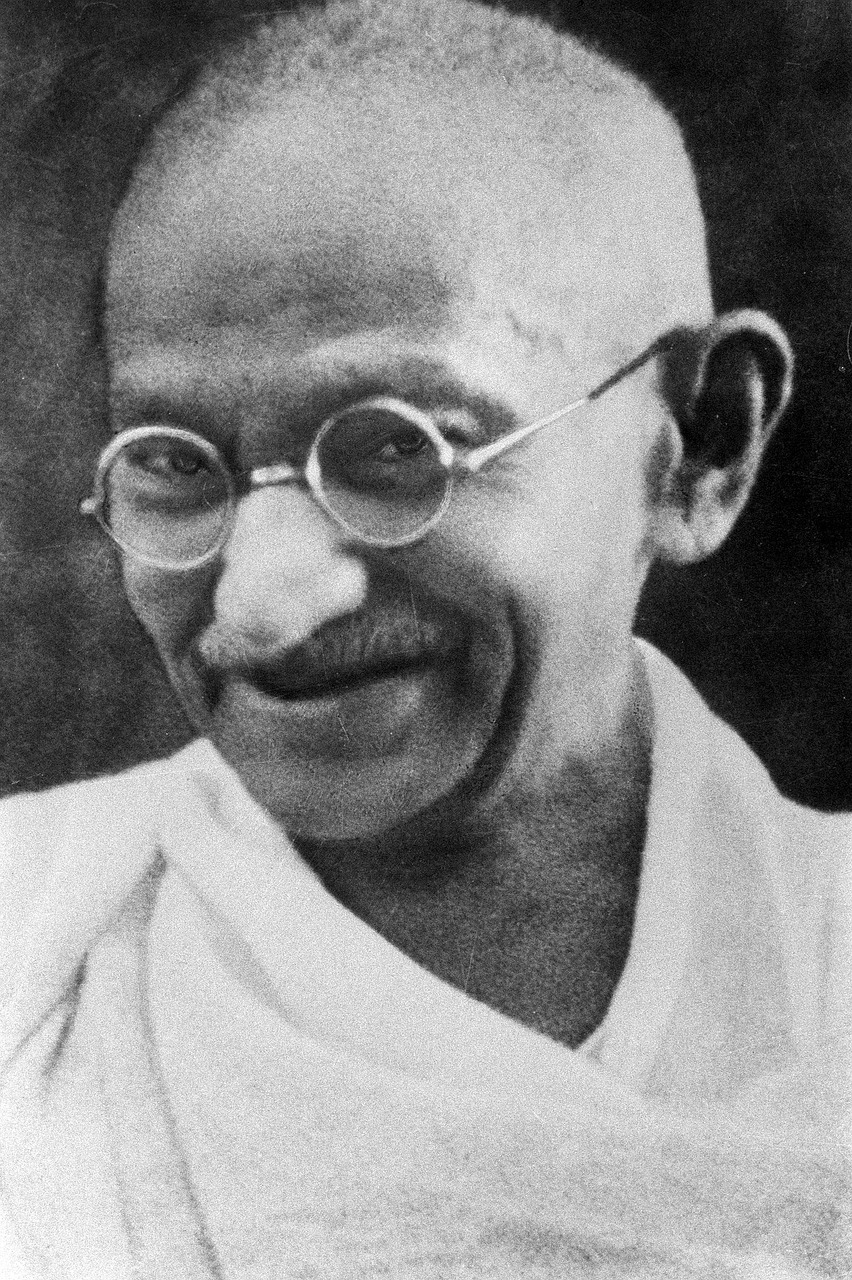
Religion
Yoruba religion is centered around the worship of various gods known as "Orisas." Each Orisa represents different aspects of life and nature. The Yoruba practice a form of traditional African religion, but many have also adopted Christianity and Islam.
+
Language
The Yoruba people speak the Yoruba language, which has several dialects. It is one of the largest language groups in Nigeria. Yoruba is tonal, meaning that the pitch or intonation of a word can change its meaning.
+
Art and Craft
Yoruba art is known for its intricate and expressive sculptures, masks, and textiles. These artworks often depict gods, ancestors, and mythical figures. Beadwork is a significant part of Yoruba art, used for creating jewelry and accessories.
+
Music and Dance
Yoruba music features drums, percussion instruments, and various string instruments like the talking drum (gangan). Traditional Yoruba dance is vibrant and energetic, often performed during festivals and ceremonies.
+
Clothing
Traditional Yoruba attire includes colorful fabrics, such as aso-oke (handwoven cloth) and ankara (wax-printed fabric). Gele, a head tie, and fila, a cap, are common accessories.
+
Festivals
Yoruba people celebrate various festivals throughout the year, including the Osun-Osogbo Festival, Egungun Festival, and Olojo Festival. These festivals involve music, dance, elaborate costumes, and rituals honoring deities and ancestors.
+
Cuisine
Yoruba cuisine includes dishes like amala (yam flour), eba (cassava flour), jollof rice, pounded yam, and egusi soup. Palm wine, a traditional alcoholic beverage, is also commonly consumed.
+
Family Structure
Yoruba society is often organized into extended families and lineage groups. The family is highly valued, and kinship ties are strong.
+
Education
Historically, Yoruba people had a strong emphasis on oral tradition for education, with storytelling and proverbs being important teaching tools. In modern times, formal education is highly valued, and Yoruba individuals excel in various fields.
+
Architecture
Traditional Yoruba architecture is known for its courtyard-style compounds, with distinct features like verandas and open spaces. The city of Ile-Ife is renowned for its ancient terracotta sculptures and architecture.
+
Yoruba Diaspora
The Yoruba culture has spread beyond Nigeria due to the diaspora, with Yoruba communities in countries like Benin, Togo, the United States, and the United Kingdom.
+
Political Structure
Historically, the Yoruba had a system of city-states, each ruled by a king (oba). This system still exists in some Yoruba regions.
+Obafemi Awolowo
A prominent Nigerian leader"I do not want the child of my child to say, 'Ojukwu did it,'
'Balewa did it,' 'Gowon did it,' 'Awolowo did it'; I want each child of my child to say, 'I did it.'"
Nelson Mandela
Former President of South Africa"For to be free is not merely to cast off one's chains,
but to live in a way that respects and enhances the freedom of others."
Mahatma Gandhi
Leader of the Indian independence movementFreedom is not worth having if it does not include
the freedom to make mistakes.



